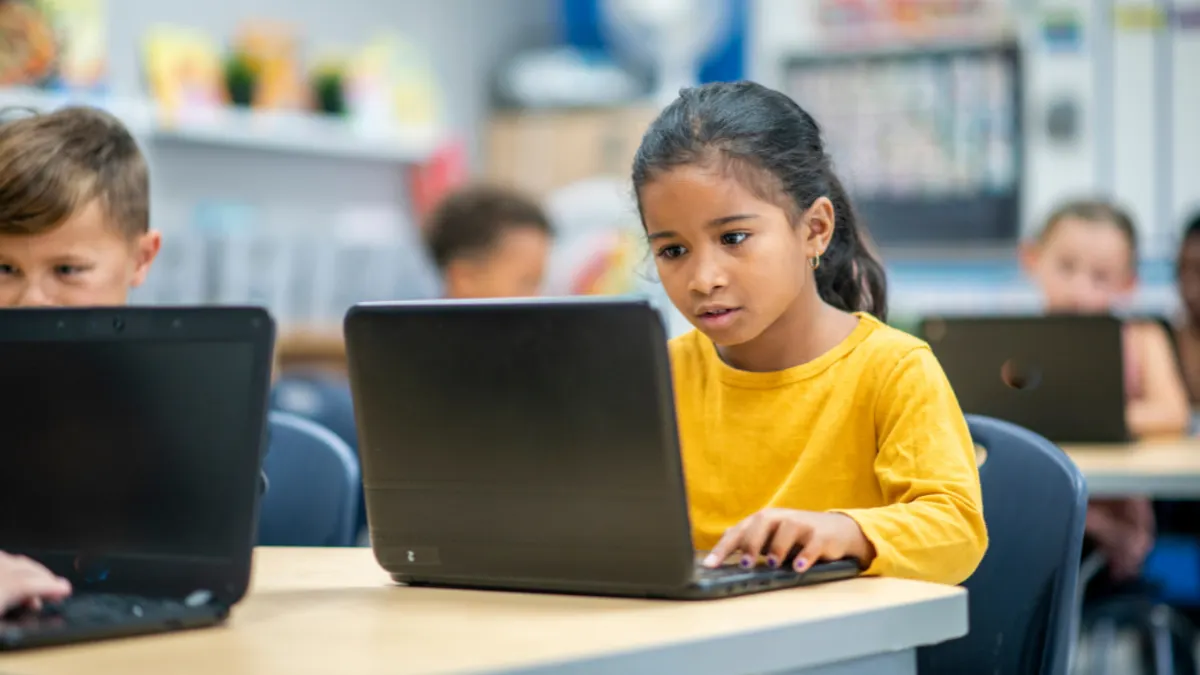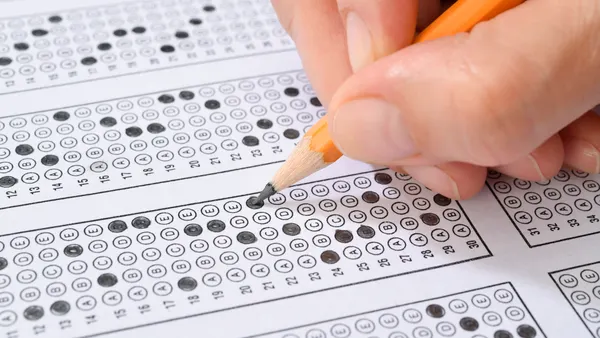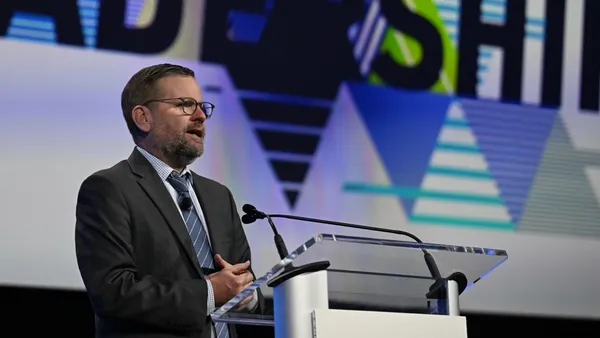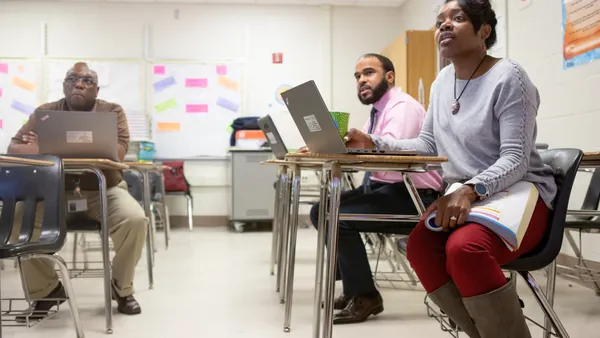We are experiencing a rapidly evolving technological landscape in the worlds of work and education. Educators must prepare students not only for today's jobs but also for tomorrow's opportunities. With a variety of practical strategies, educators can ensure that all students develop the skills, mindset, and adaptability needed for future success.
The Need for Future-Ready Foundations
Education has always been about preparing students for the future—however, the changes we are experiencing are moving fast. Traditional educational models that may have prioritized rote memorization and cover only specific content-area related curriculum are no longer enough. Instead, we must work to create opportunities that foster students’ critical thinking, adaptability, collaboration, digital literacy, and more—skills that will enable them to navigate an unpredictable and increasingly technology-driven world.
The Changing World of Learning & Work
Artificial Intelligence (AI)
AI surrounds us in all areas of work and life, impacting nearly every industry today. To be prepared, students must understand AI’s impact, ethical implications, and learn to leverage it in ways that enhance, not replace, their learning. Future employers will seek employees who are AI literate.
Automation & Workforce Transformation
We know that there is a likelihood that many jobs will be lost or changed as a result of automation. While there are jobs that will be lost, jobs that don’t exist today will be created. Because of AI, educators have to make sure students continue to develop essential human skills. Skills such as emotional intelligence, ethical reasoning, creative problem-solving, and resilience will be necessary to prepare students for success. Methods such as challenge-based or problem-based learning will be of great benefit for building these skills.
Knowledge-Based to Skills-Based Learning
We can instantly access information from billions of resources. The key is to know how to evaluate, process, and apply the information. Students need learning opportunities that shift them from simply learning the content to applying what they have learned in real-world contexts. Exploring project-based learning (PBL) is a great option. Additionally, looking at the United Nations Sustainable Development Goals (UNSDGs) enables students to build global awareness and apply their knowledge in authentic and meaningful ways.
Given these areas, how can educators ensure that students build strong foundations for an evolving workforce? Future-ready education isn’t just about integrating the latest technology; it’s about fostering a mindset of curiosity, resilience, and adaptability.
Explore the core components of a future-ready foundation for students:
1. Fostering Creativity & Problem-Solving
A future-ready student moves beyond simply consuming the content, but learns how to leverage various tools to become creators, problem solvers, and innovators. Some methods, such as design thinking, which is a human-centered approach to problem-solving, help students develop innovative solutions to real-world challenges. The use of challenge-based or project-based learning gives students the chance to investigate real-world problems, such as those listed in the UNSDGs. A question such as "How can we make cities more sustainable?" guides students through brainstorming, prototyping, and testing their ideas while also working as a team. Task students with considering how to use emerging technologies such as AI to provide solutions to these challenges.
2. AI & Computational Thinking in the Classroom
Engaging students in AI-related activities can cultivate computational thinking, problem-solving, and ethical awareness. Lessons that help students understand AI and issues such as ethics and bias are important for students in all grades. Students can analyze AI-generated content and discuss fairness, bias, and ethical responsibility. Students can explore AI in everyday life and how it powers chatbots or self-driving cars, for example.
3. Fostering Resilience & Adaptability
As we see the many changes in our schools and the world of work, helping students to learn to be adaptable and build resilience is essential for success. When educators model and encourage adaptability, resilience, and lifelong learning, they prepare students for any challenges they may encounter as the future of work evolves.
Some ways to help students build resilience are using methods such as PBL or STEM activities, where they must engage deeper in the process, not the product, of learning. Encouraging students to reflect on the learning process, adjusting as failures happen, then guiding them to build resilience will help them become more confident in learning. Opportunities for students to work together, support each other, and learn from each other's strengths will also help them further develop critical skills.
By designing real-world learning experiences, educators empower students to develop creativity, problem-solving, and critical thinking skills while helping them learn to adapt and build the resilience they need to face challenges they may encounter along their learning journey.
This is a summary of a blog article from the Defined Educators Blog by Rachelle Dené Poth. To read the full article, please click here.







 Dive Awards
Dive Awards




